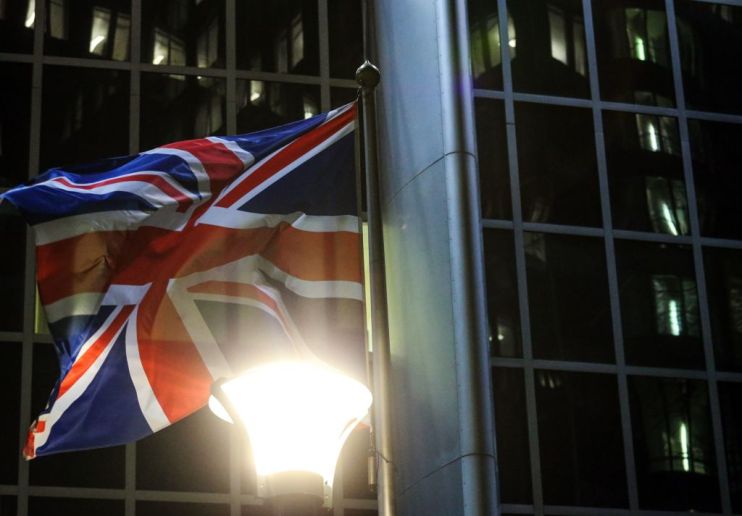
Brexit: how did we get here?

How did the Brexit timeline lead us here, what impact has it had on the pound and how can the resulting foreign exchange risks be mitigated?
The UK began preparations to withdraw from the European Union back in June of 2016. The process has had an undeniable impact on the volatility of the exchange market and the value of the pound. It has also had a knock-on effect for UK businesses. But where did it all start, what has happened since, and where will it take us in the future?
The Brexit timeline
June 23rd, 2016: the UK public vote to leave the EU
Following the public’s vote to leave the European Union, Prime Minister David Cameron resigns and Theresa May steps into power.
March 29th, 2017: Article 50 is triggered
The two-year countdown to the official leave date began at the end of March, when the Prime Minister wrote to the European Council President to officially trigger Article 50. The leave date is set for 29th March, 2019.
March, 20th , 2019: article 50 is extended
The House of Commons held a vote on 14th of March to request a deadline extension for Article 50. The Prime Minister arranged a meeting with the European Council and was successfully granted a deadline extension, pushing the new leave date to October 31st.
October 19th, 2019: new Brexit deal is lost on amendment
The Prime Minister’s new Brexit deal is lost on amendment when presented to the Commons. Under the ‘Benn Act’, the UK government apply for a further extension, which is granted by EU Ambassadors on October 28th. The new leave date becomes 31st January 2020.
December 12th, 2019: Boris Johnson wins the general election
The new Prime Minister stated that the new January 31st Brexit deadline will be met, and he continues work to negotiate a deal.
Impact on the pound
The value of the pound has been closely linked with the strength of Brexit negotiations since referendum results were announced in 2016. It dropped to a 31-year low almost overnight and was ten per cent down against the dollar. The pound’s initial fall against the euro resulted in a drop to €1.20 from €1.30 in those early days.
The pound rose against the euro, the US dollar and various other currencies in early 2019 when a schedule of votes suggested that leaving without a deal may be out of the question. The change of a deadline extension also had a positive impact on the pound’s worth.
Despite this encouraging uptick, the value of the pound steadily declined in May 2019 from €1.17 euros to the pound and ending at €1.13. This was caused by Theresa May’s resignation and a parliamentary deadlock, which was ongoing during the time period.
The pound is inexorably tied to the fate of Brexit proceedings. With this in mind, what can be done to mitigate the impact of the January deadline?
Managing currency costs and foreign exchange risks
Smarter businesses are already looking to expert foreign exchange solutions as a means of managing risk and protecting business initiatives from turbulent influence.
Tailored FX solutions
Leveraging specialist solutions, such as market orders, forward contacts, and spot contracts, can help to manage currency market fluctuations by targeting rates, arranging automatic exchanges, and fixing favourable rates. This allows businesses the freedom to develop strategies for better exchange planning on a global scale.
Expert guidance
By opting to work closely with a dedicated foreign exchange specialist, like those at moneycorp, businesses benefit from direct and expert guidance on current conditions within the market, so budgets can be managed more efficiently.
moneycorp offers a corporate FX account which has already helped more than 14,000 organisations with risk management solutions and transfers with minimal currency costs.
Sign up for a free account today
moneycorp is a trading name of TTT Moneycorp Limited which is authorised by the Financial Conduct Authority under the Payment Service Regulations 2017 (reference number 308919) for the provision of payment services.
Andrew Warry: FX and Treasury Sales for Corporate Foreign Exchange at moneycorp. Heading up the Corporate Inbound FX Dealing Team, I provide professional guidance and support for companies across the UK in managing international payments and FX risk. With a BA in Management and Business Administration, I use my expertise and ten years’ experience in foreign exchange to deliver a high quality service with professional and valuable insights to moneycorp corporate clients.